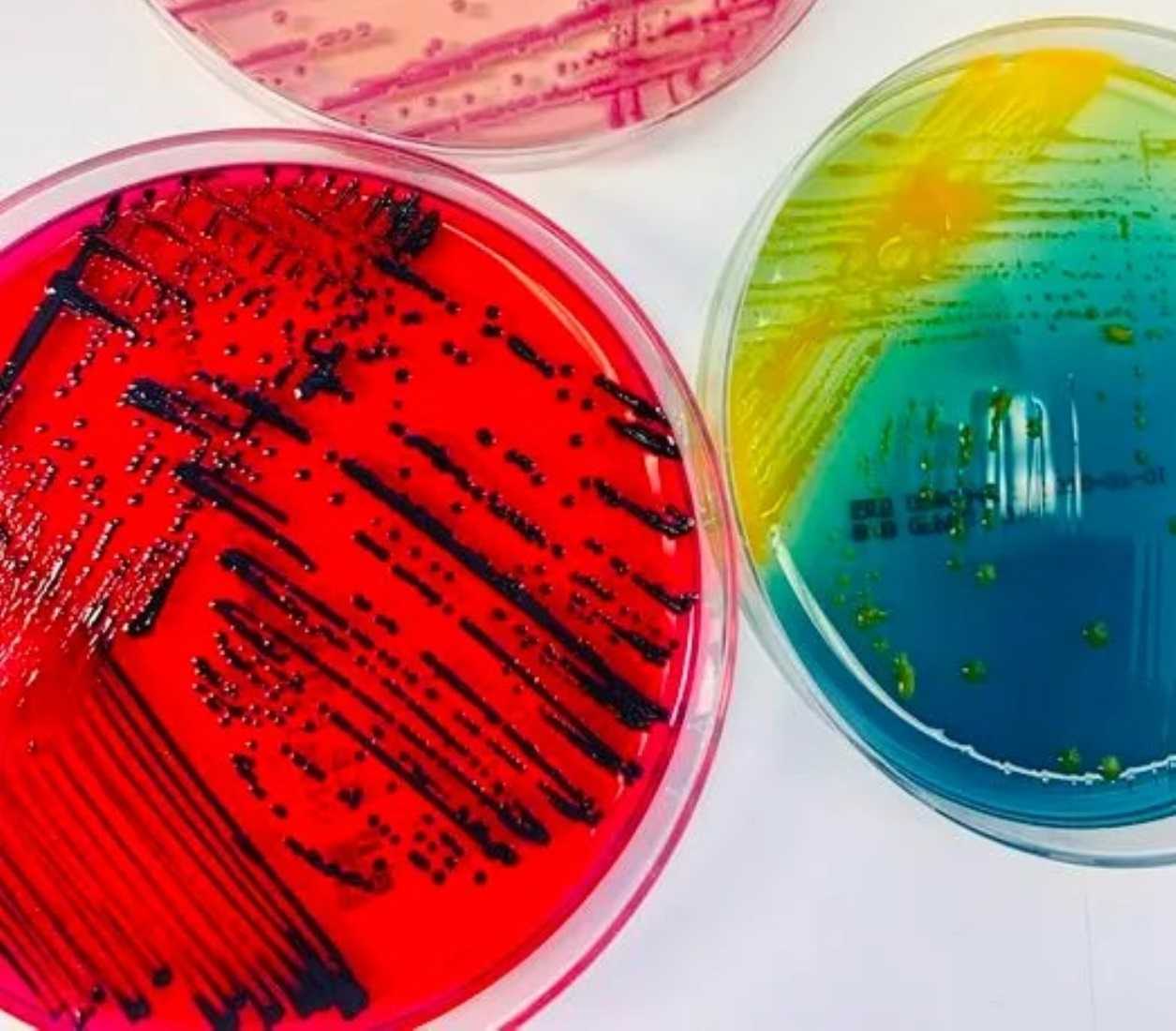In the field of bacteria, there is an interesting discovery published in the journal BMC Microbiology involving 35 strains of completely new species. Let’s see the details
Some researchers have discovered 35 strains of bacteria in patient samples at the University Hospital Basel, in Swiss. The study, published in the journal BMC Microbiology, says that some of these newly discovered bacteria may pave the way for new research opportunities and treatments for related infections due to their clinical relevance. Dr Daniel Goldenberger, lead author of the study, said:
Such direct links between newly identified bacterial species and their clinical relevance have rarely been published in the past.
The study focused on understanding the pathogens around the world that infect humans to make their treatment easier. Since 2014, Goldenberger and her team have been collecting and analyzing patient samples, studying 61 unknown bacterial pathogens from people with different medical conditions. It was difficult for them to sequence these bacterial genomes using traditional methods. So, they turned to a relatively new method for their analysis: an algorithm, which allowed them to compare the sequences to known strains and thus identify 35 new species.

Bacteria: the discovery of new strains can help future diagnoses
Of the 35 new species discovered, seven are clinically relevant, meaning they could cause infections. The researchers classified the other 26 bacteria as “difficult to identify.” The study also found that most of the newly identified bacteria belonged to two genera: Corynebacterium (six species) and Schaalia (five species). Dr. Daniel Goldenberger added:
We can find many species of these two genera in the natural microbiome of human skin and mucosa. This is why they are often underestimated and research on them is scarce.
Once you enter the Blood flow they can be harmful. Additionally, one of the “difficult to identify” bacteria found in a dog bite wound on a patient’s thumb could be a new pathogen, according to the study. The team will continue to work on this study by collecting and sequencing patient samples atUniversity Hospital Basel. It is hoped that more than 20 strains of bacteria from the discovery will aid future diagnosis and treatment of infections.
Continue reading techgameworld.com so you don’t miss the latest content!
















Leave a Reply
View Comments